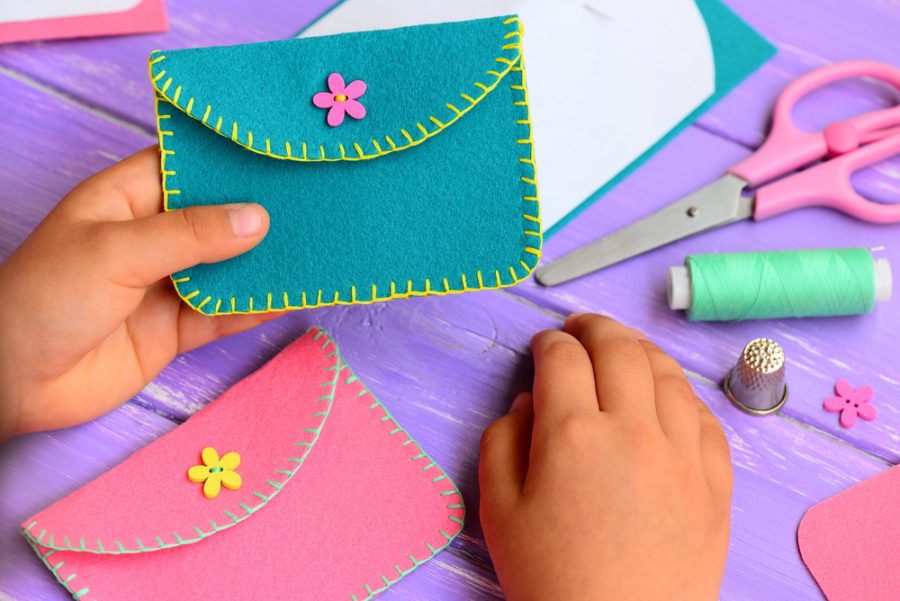Craft hobbies are a great way to pass time, relax, and develop new skills. It’s no surprise that during this time of great international stress and worry they’ve become more popular, and plenty of people are getting back into hobbies they’ve not had time for for years or exploring them for the first time.
Whether you’re digging your old knitting needles out of the attic or thinking of starting your first ever piece of embroidery, it’s well worth taking some time to reflect on what your next craft project will be. Different crafts feel very different to practice, they need different materials and different tools, and they produce very different products and effects, even between similar crafts. A rainbow weaving loom, for example, is a specialist tool that’s different from the hand loom you’d use for other woven projects.
Timing Issues
Different projects take different lengths of time to work on and complete. If you’ve not got a particularly healthy attention span, or are just starting out with a craft then taking on too much could be counterproductive. If your first craft project is a full size, crocheted blanket, you’ll have to spend a long time working before you can experience the satisfaction of completing your project. This could lead you to simply give up on the craft altogether and drop your hobby!
Starting with smaller pieces allows you to experience that inherent, dopamine-boosting reward of finishing a project regularly, and, in the aggregate, quickly gives you a backlog of finished projects you can look back through and see how you’ve improved. It’s well worth dialling back your ambitions a few notches and building up to a big project by completing several smaller ones first.
What Do You Want to Make?
There’s no point starting on a project if it’s not what you want to make, and it’s well worth your time to reflect on what you enjoy about crafting and what you want to make before committing! Place mats and coasters are simple, beginner projects in many crafts, but if you use coasters then you’re unlikely to find the motivation to make them, or feel proud of yourself when you have!
Think about what you get out of crafting, and what you’ll use around the home. If you enjoy the simple, physical actions of the craft (and some find them a good focus for mindful meditative practice regardless of the item they’re working on), then it almost doesn’t matter what you choose!
If you’re more interested in making useful household items or gifts, look for patterns that you can use at home. If you’re interested in artistic expression, find a craft that allow you to personalise your work – you’re doing this for yourself, so make sure it’s a good fit for your personality.

